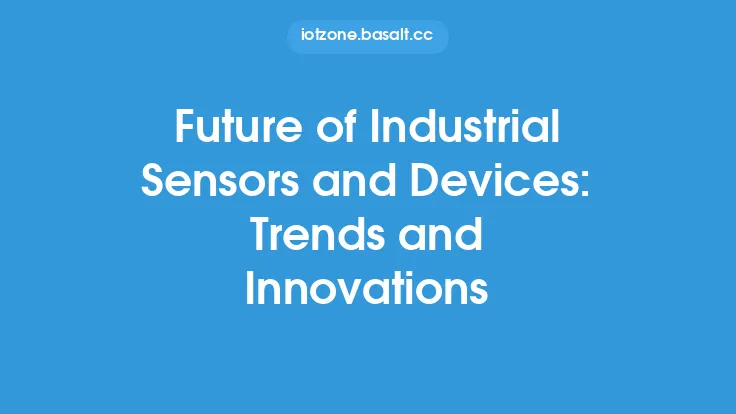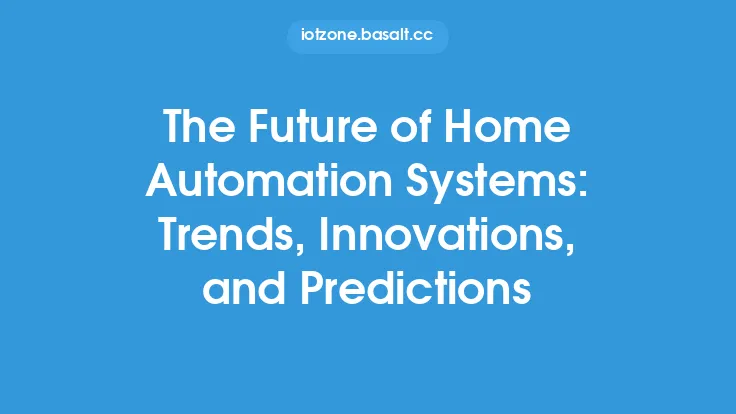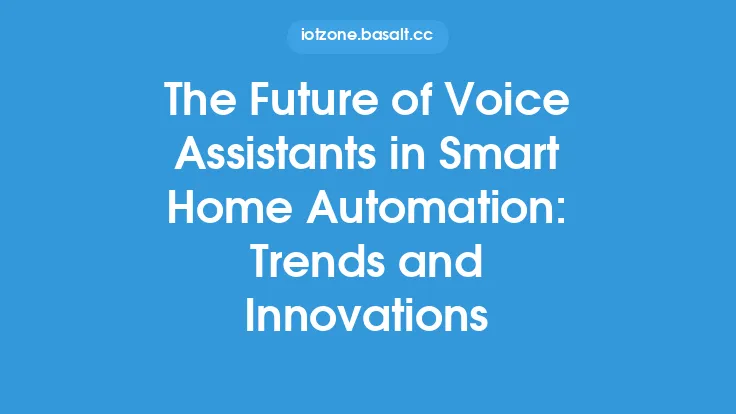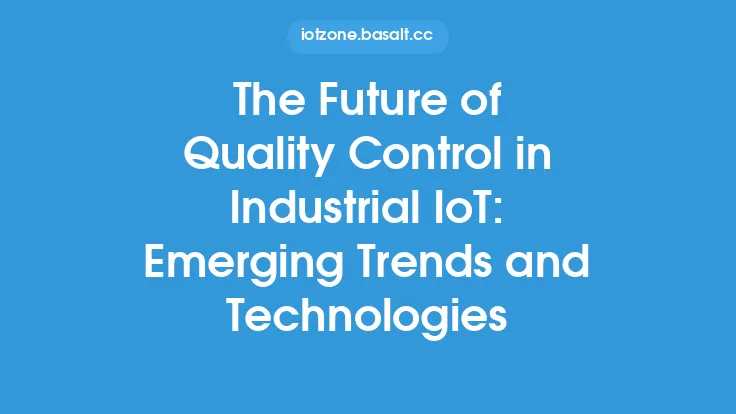The industrial automation sector has experienced significant growth and transformation in recent years, driven by advancements in technology and the increasing demand for efficient and productive manufacturing processes. At the heart of this transformation are various industrial automation technologies that have revolutionized the way industries operate, making them more agile, flexible, and competitive. This article provides an in-depth overview of the current trends and innovations in industrial automation technologies, highlighting their applications, benefits, and future prospects.
Introduction to Industrial Automation Technologies
Industrial automation technologies encompass a broad range of systems, devices, and software that are designed to automate and control industrial processes. These technologies include robotics, programmable logic controllers (PLCs), supervisory control and data acquisition (SCADA) systems, human-machine interfaces (HMIs), and enterprise resource planning (ERP) systems, among others. The primary goal of these technologies is to enhance efficiency, reduce costs, and improve product quality by minimizing human intervention and maximizing precision and accuracy.
Current Trends in Industrial Automation
Several trends are currently shaping the industrial automation landscape. One of the most significant trends is the increasing adoption of the Industrial Internet of Things (IIoT), which involves the integration of industrial devices and systems with the internet, enabling real-time data exchange, remote monitoring, and predictive maintenance. Another trend is the growing use of artificial intelligence (AI) and machine learning (ML) in industrial automation, which allows for more intelligent and adaptive control systems. Additionally, there is a shift towards more flexible and modular automation systems, such as modular PLCs and modular robotics, which can be easily reconfigured to accommodate changing production requirements.
Innovations in Industrial Automation
Innovations in industrial automation are primarily driven by advancements in robotics, sensor technologies, and software development. For instance, the development of collaborative robots (cobots) has enabled humans and robots to work together safely and efficiently, enhancing productivity and flexibility in manufacturing processes. Advances in sensor technologies, such as vision sensors and force sensors, have improved the precision and accuracy of industrial automation systems. Furthermore, the development of more sophisticated software platforms, such as manufacturing execution systems (MES) and ERP systems, has enabled better integration and coordination of industrial processes, from production planning to quality control.
Applications of Industrial Automation Technologies
Industrial automation technologies have a wide range of applications across various industries, including manufacturing, oil and gas, water and wastewater treatment, and pharmaceuticals. In manufacturing, these technologies are used to automate assembly lines, inspect products, and package goods. In the oil and gas sector, they are used to monitor and control pipeline operations, manage inventory, and optimize production processes. In water and wastewater treatment, they are used to monitor water quality, control treatment processes, and optimize energy consumption. In pharmaceuticals, they are used to automate drug production, inspect products, and ensure compliance with regulatory requirements.
Benefits of Industrial Automation Technologies
The benefits of industrial automation technologies are numerous and well-documented. They include increased efficiency and productivity, improved product quality, reduced labor costs, and enhanced operational safety. By automating repetitive and hazardous tasks, industrial automation technologies can reduce the risk of accidents and injuries, creating a safer working environment for employees. Additionally, these technologies can provide real-time data and insights, enabling manufacturers to make informed decisions, optimize production processes, and respond quickly to changes in demand or supply.
Challenges and Limitations of Industrial Automation Technologies
Despite the many benefits of industrial automation technologies, there are also several challenges and limitations that need to be addressed. One of the main challenges is the high upfront cost of implementing these technologies, which can be a barrier for small and medium-sized enterprises (SMEs). Another challenge is the need for specialized skills and training to operate and maintain these systems, which can be a challenge in industries with limited technical expertise. Furthermore, there are concerns about cybersecurity, as industrial automation systems can be vulnerable to cyber threats and data breaches.
Future Prospects of Industrial Automation Technologies
The future prospects of industrial automation technologies are promising, with ongoing advancements in AI, ML, and IIoT expected to drive further innovation and adoption. The increasing use of cloud computing, edge computing, and 5G networks will enable faster data processing, greater connectivity, and more remote monitoring and control capabilities. Additionally, the development of more autonomous and self-healing systems will enable greater flexibility and resilience in industrial processes. As these technologies continue to evolve, we can expect to see even more efficient, productive, and sustainable industrial operations, with significant benefits for businesses, employees, and the environment.
Conclusion
In conclusion, industrial automation technologies are transforming the industrial landscape, enabling greater efficiency, productivity, and competitiveness. From robotics and PLCs to IIoT and AI, these technologies have the potential to revolutionize industrial processes, improve product quality, and reduce costs. While there are challenges and limitations to be addressed, the future prospects of industrial automation technologies are promising, with ongoing innovations and advancements expected to drive further growth and adoption. As industries continue to evolve and adapt to changing market conditions, the role of industrial automation technologies will become increasingly important, enabling businesses to stay ahead of the curve and thrive in a rapidly changing world.





